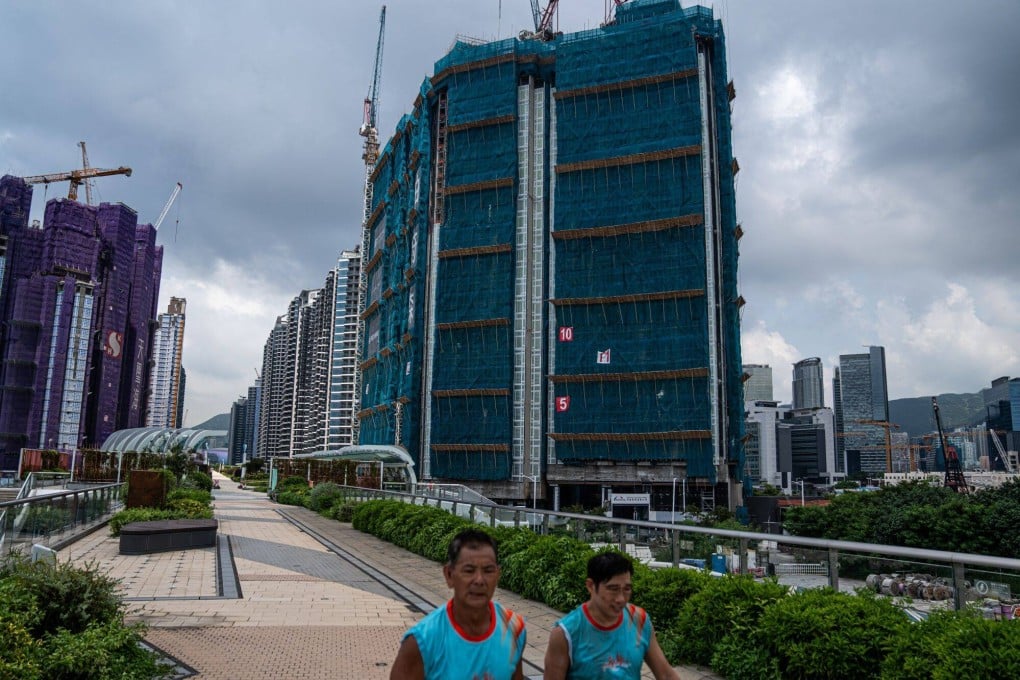Advertisement
Opinion | Forget laissez-faire, Hong Kong must halt property market decline
The government must move away from non-intervention and get busy if it wants to end the real estate slowdown weighing on the rest of the economy
Reading Time:3 minutes
Why you can trust SCMP
10

The fortunes of Hong Kong’s property market have reversed and it is now struggling to overcome the challenge of high interest rates amid a less-than-scintillating outlook for the city’s economy. The Centa-City Leading Index (CCL), the city’s benchmark index for residential prices, has fallen by more than a quarter since reaching its peak in August 2021.
Advertisement
Dark clouds are gathering for Hong Kong developers. Poor residential sales have generated large amounts of inventory piling up. Meanwhile, the Hong Kong office market is grappling with the dual challenges of oversupply and weak demand, which lead to rising vacancies and declining rent.
The reopening of the border with the mainland and the removal of property cooling measures this year have failed to reverse the downward trend in the property market. Since January, the CCL has seen a cumulative decline of 7.2 per cent.
The US Federal Reserve’s first interest rate cut in four years led some local banks to lower their prime rates by 25 basis points. Some might argue that the start of a rate cut cycle could lower mortgage costs and boost the property market, but this overlooks the fact that the city’s interbank borrowing costs and prime lending rates have been increasing at a lower rate than the Fed rate since the Fed’s began raising rates in 2022. A lower Fed rate is no guarantee that the mortgage burden for Hong Kong homebuyers will also lessen.
While some are probably pleased to see lower housing costs possibly easing social tension, a plunge in property prices could also harm homeowners and make our economy more vulnerable.
Advertisement
Property market doldrums have already spilled over to other parts of the economy. As new projects by private developers dry up, the construction industry has had to cut costs, such as by requiring staff to take mandatory unpaid leave. The number of residential mortgage loans in negative equity has risen sharply in the last few quarters, hurting the spending sentiment of many households.

Advertisement

